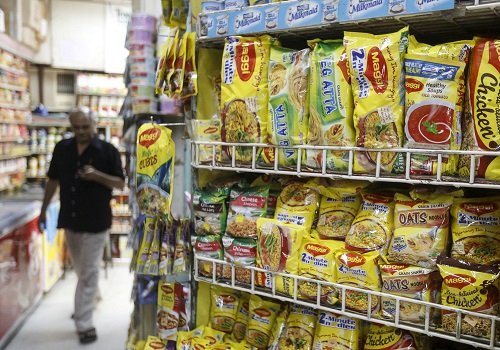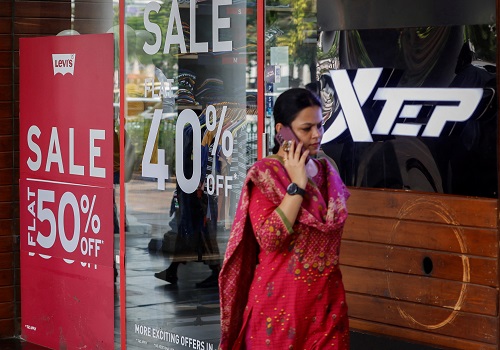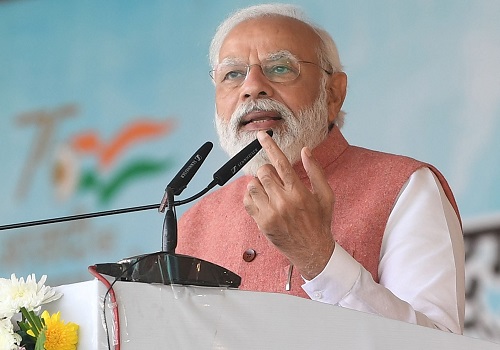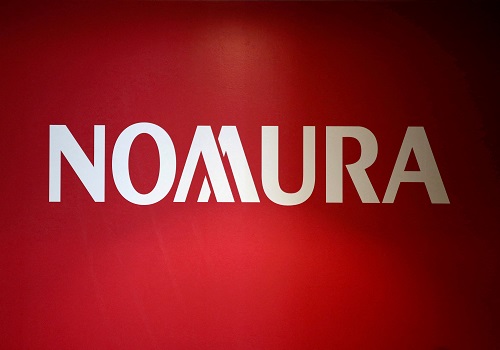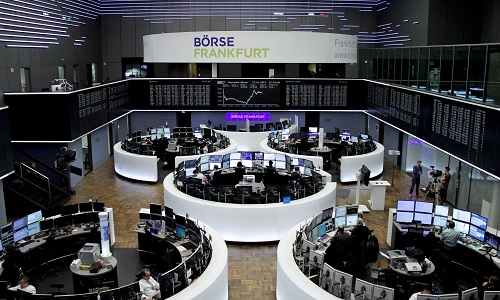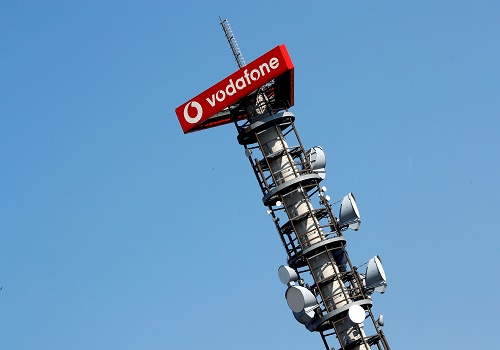Big on ideas, short on cash: Modern slavery fund seeks to transform global fight
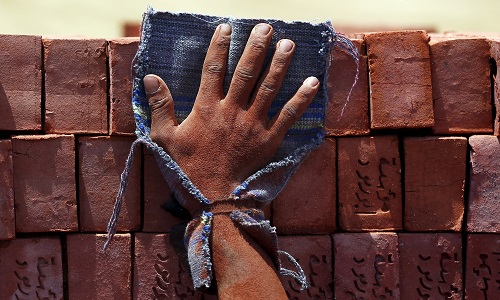
Follow us Now on Telegram ! Get daily 10 - 12 important updates on Business, Finance and Investment. Join our Telegram Channel
LONDON -As the new chief executive of the four-year-old Global Fund to End Modern Slavery (GFEMS), Alex Thier has an ambitious goal - raise enough money to make human trafficking unprofitable.
Hailed as a disruptive innovator at its birth - with backing from the U.S. and British governments - the public-private partnership aimed to replicate the success of other initiatives like the Global Fund to Fight AIDS, Tuberculosis and Malaria.
GFEMS has so far raised about $80 million, mainly from four donor governments, with little of the envisaged cash from the private sector, which has yet to buy into the idea that strategic spending can transform the global anti-slavery drive.
The fund initially sought to raise $1.5 billion - half coming from governments including the United States and half from the private sector - but that target has been scrapped.
"We are going to need to convince not only new donors but existing ones and other groups – in philanthropy and the private sector - that there is something truly transformational that can be done in this fight," Thier said in a telephone interview.
"The sector is at an inflection point ... it's time to professionalise the approach and scale up resources," he said, describing GFEMS as a "start-up" that had made good progress.
Thier, who previously led the Overseas Development Institute, a London-based think-tank, and worked at the U.S. Agency for International Development (USAID), has a long to-do list: get more funding, better data and create systemic change.
Scarce data, poor coordination, and varying views on how to define the crime have generally limited the impact of anti-slavery spending, academics say, while recent research found it was not an overseas development aid priority for most nations.
GFEMS's focus is on cutting the supply of modern slaves in the hardest-hit nations and the demand for cheap products, using new tools and models that it hopes can be scaled up to bring sustainable global solutions that do not rely on donor funding.
The fund has invested about $40 million to-date on projects in countries including Bangladesh, India, Kenya and Vietnam - focusing on domestic work, the construction and garment sectors and sex trafficking - and spent $10 million on research.
VALUE FOR MONEY?
Thier said GFEMS is also helping communities at risk of slavery that have been hit by the fallout from COVID-19, and that focusing on specific areas allows it to learn what works in local contexts and demonstrate the value of its approach.
But the effectiveness of GFEMS has been questioned, including by Britain's aid watchdog over value for money of the nation's 20 million pound investment. Some experts said the fund would likely take time to prove its worth and gain more donors.
Nick Grono, head of the Freedom Fund - the largest private anti-slavery donor fund - said GFEMS's progress had slowed recently after an encouraging start as it "confronts the reality of its early ambition to raise hundreds of millions of dollars".
Yet Thier said GFEMS had the potential to make a meaningful impact tackling modern slavery in a couple of locations or industries at first - pointing to global development gains in addressing health crises and extreme poverty as inspiration.
"You can have places where modern slavery is a terrible problem today, and won't be in 10 years," Thier said.
"But if we're going to achieve that, it can't be business as usual," he said. "We're going to need to do things differently."
GFEMS has been nominated for a Stop Slavery Award by the Thomson Reuters Foundation. The Thomson Reuters Foundation's journalists have no involvement in the award's judging process.


